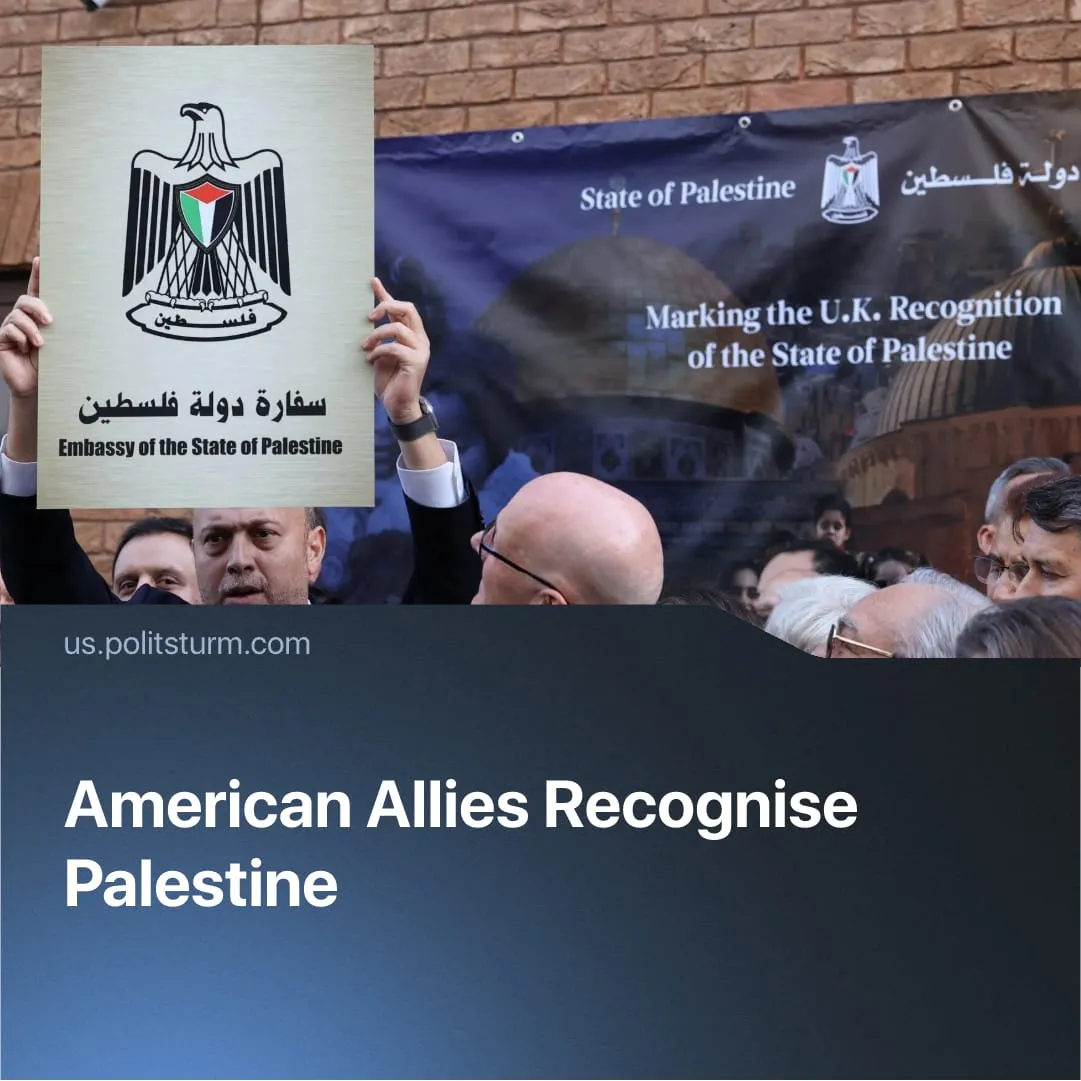Multiple “Western bloc” countries have recognised Palestine against US wishes. What’s driving the shift?
Details. On 21 September, the UK, Portugal, Canada, and Australia formally recognised the State of Palestine under the Palestinian Authority. France followed suit two days later. The UK's decision followed Trump's expressed disagreement during his state visit.
► Several European states, including Denmark and the Netherlands, signalled a recognition of Palestine at a later date, while Germany remains a notable holdout. Japan’s foreign minister, Iwaya Takeshi, declared that recognition is only a matter of “when.”
► The countries said the initiative keeps “the peace” and the two-state solution alive, though Britain’s deputy prime minister admitted it would bring little immediate change.
Context. Since Trump’s return in 2025, Washington shifted resources toward countering China and shifted the burden of military aid for Ukraine onto Europe, aiming to keep it dependent as a subordinate market and auxiliary force. This tension has driven the EU to pursue “strategic autonomy” and strengthen its independent militarisation, moving toward becoming a self-reliant imperialist bloc.
► Earlier this year, the EU openly condemned Israel’s war and warned of potential trade reviews, using recognition of Palestine as a diplomatic tool to assert a foreign policy independent of Washington.
► The UK, followed by Canada and Australia less decisively, is navigating between US and EU influence. Britain, in particular, has pursued successive agreements with both blocs, balancing economic, military, and diplomatic interests.
► The EU has recently pressed for tougher sanctions on Russia. The US has refused to accept them unless the EU halts its purchases of Russian oil, effectively nullifying the demand. This counteroffer has been deemed impossible by NATO members such as Türkiye, Hungary, and Slovakia.


